Consortium
The consortium consists of a highly interdisciplinary team with complementary expertise and prior collaboration record (6 world-leading research partners, 2 SMEs, 1 radiotherapy institute and 1 hospital network), from six countries: Greece, France, UK, Italy, Netherlands, and Switzerland. The consortium covers the whole value chain from AI development until exploitation in the market.
Athens University of Economics and Business - Research Center
Athens University of Economics and Business - Research Center (AUEB-RC) will bring expertise in distributed machine learning, federated learning, mobile computing and mobile app development. AUEB-RC will be the project coordinator. The group is led by Prof. I. Koutsopoulos (citations = 5,040; h-index = 32) from the Department of Informatics of AUEB. Prof. Koutsopoulos has received an ERC runner-up funding award (2012-15), a Marie Curie Fellowship and other distinctions for research conducted on mobile computing.

Center for Artificial Intelligence
The Center for Artificial Intelligence (CENTAI) team led by Dr. Francesco Bonchi (citations = 12,764; h-index = 57) has extensive expertise in mathematical formalization on complex systems science, data science applications and the development of innovative algorithms for machine learning. The group will bring expertise on methods to mitigate algorithmic bias in AI systems, and the contributions will focus on techniques to detect and explain potential fairness issues in clinical decision support systems.
Consiglio Nationale delle Ricerche
The Consiglio Nationale delle Ricerche (CNR) group led by Dr. Gambriella Cortelessa (citations = 1,600; h-index = 23) and Dr. F. Fracasso are experts on Human-Computer Interaction (HCI) and cognitive psychology. Dr. Cortelessa and the team have received several best paper awards and project recognition and social innovation awards. The group will contribute expertise on user evaluation, co-design of XAI, and explainability assessment.

Haute Ecole Specializee de Suisse Occidentale
The Haute Ecole Specializee de Suisse Occidentale (HES-SO)/University of Applied Sciences and Arts of Western Switzerland group led by Prof. G. Bologna (citations = 1,246; h-index = 19) who is an expert on interpretable neural networks (NNs) and a pioneer in explainability and rule extraction from NNs. HES-SO will bring in project expertise on image analysis, explainable AI and rule extraction techniques.

Maastricht University
Maastricht University (MU) brings expertise in health economics and assessment. Specifically, the health economic team led by Prof. Manuela Joore offers unique and extensive experience in the field of Health Technology Assessment methodology. This group has developed and published multiple decision analytic models for a wide variety of technologies and disease areas, but generally with a specific focus on oncology including pioneering research on Patient Reported Outcome Measures (PROMs).
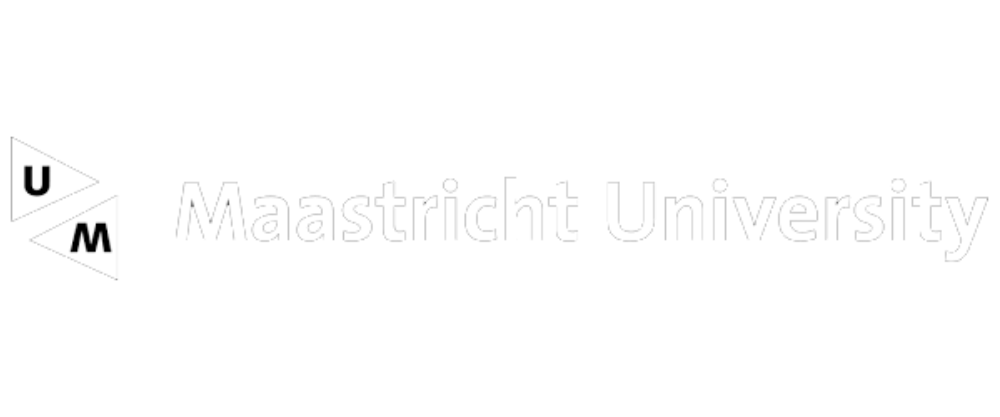
MAASTRO
MAASTRO, the center for radiotherapy in the south of the Netherlands, participates in the project with two groups:
The MAASTRO medical group is led by Prof. Dirk De Ruysscher, who as a world-class oncologist initiated the biobank project in Maastro Clinic, which includes more than 10,000 patients and coordinates DUPROTON, the Dutch platform for proton therapy research. He was or is the study coordinator of 9 phase I studies, 22 phase II and 6 phase III studies, focusing on individualized RT schedules, combining targeted medicines with RT, molecular and genetic mechanisms involved in radiation damage. The group will provide its clinical expertise as it will act as a hub for accessing hospitals in the Netherlands, for recruiting and following patients. In the lead is dr. Karolien Verhoeven - radiotherapist oncologist - with a broad network in breastcancer research and therapy.
Medical Data Works - read below
Medical Data Works
Medical Data Works is a spin off of the Clinical Data Science (CDS) group (lead by Prof. Andre Dekker) of Maastro and consists of over 30 staff working on three main domains: 1) develop privacy-preserving global FAIR data sharing infrastructures; 2) use AI/ML on this data to derive outcome prediction models; and 3) apply outcome prediction models in decision support systems and shared decision making. WP2 leader Dr. Alberto Traverso is a senior scientist in the CDS group. His scientific breakthroughs include development of a data sharing and distributed learning infrastructure that does not require data to leave the hospital. He has shown that this has the potential to significantly reduce many of the ethical and other barriers to share health data. Moreover, he has started the field of Radiomics in the CDS since 2017 in which high-throughput quantitative analysis of medical images is used to feed the outcome prediction models.
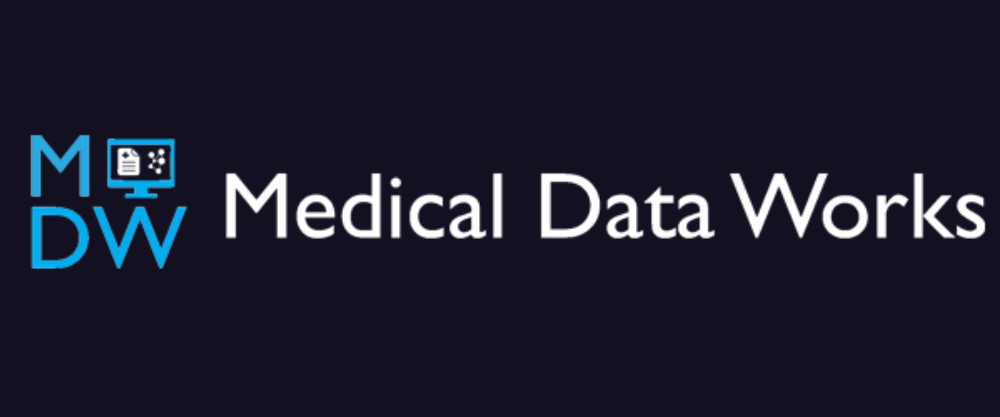
TheraPanacea
TheraPanacea (THERA) has presence in four continents (Europe, Americas, Africa & Asia) and more than 35 dedicated R&D personnel (10+ R&D personnel with PhD degree) and expertise in mathematics, computer science, medical physics and AI. THERA seeks to revolutionize cancer care and beyond through a multi-omics integration approach with radiation oncology being one of the most prominent markets. THERA's solutions benefit from the latest technological advances in the field of sciences, engineering & medicine and combine optimal in terms of inference mathematical models with the most efficient low-cost parallel computing architectures.
- The role of THERA will be in WP2 to apply automated contours, WP3 to develop AI-driven dose prediction models and integrate with existing platform, WP4 to install and provide training on AI platform, WP6 in interpretability and explainability pipeline, and WP8 in exploitation activities. THERA will sit on the project steering committee.
- Medical Data Works (MDW) is an expert in data FAIR-ification, software development for data analytics and health data distributed infrastructures. MDW will bring to PRE-ACT this expertise and will also contribute to the federated validation of AI models.
UNICANCER
UNICANCER will lead the clinical trial on radiotherapy side effect information, it will provide access to the HypoG-01 database and will coordinate local focus groups. The group is led by Dr. S. Rivera, head of the radiotherapy breast unit at Gustave Roussy cancer center. She is PI for more than ten on-going clinical trials related to breast cancer radiotherapy and is the study coordinator of the HypoG-01 trial.
University of Leicester
University of Leicester (ULEIC) brings expertise on genetics (Dr. C. Talbot), medical informatics (Dr. A. Webb), radiation oncology (Prof. Paul Symonds), health psychology (Prof. N. Robertson) and surgical oncology (Dr. T. Rattay). The PI, Dr. Talbot has a long track record of research in medical genetics, focusing recently on prediction of radiotherapy response. He was initiator, deputy coordinator and WP lead for biomarkers in the REQUITE project. He is on the committee of the Radiogenomics Consortium and is incoming Chair of the Association of Radiation Research.
Patient advocates
Two patient advocate groups are involved in PRE-ACT.
The patient advocate group from the Netherlands - Breast Cancer Foundation Netherlands - brings patient expertise on breast cancer treatment and rehabilitation (Dr. Cheryl Roumen). Dr. Roumen was also senior researcher at Maastricht University at the department of Health Services Research. Her research focuses on innovations in the field of improving self-reliance, lifestyle and positive health with co-creation techniques and Artificial Intelligence. Now she is a sr. program officer at the Dutch Research Council (NWO)
The Independent Cancer Patients’ Voice in the UK, represented in our project by Hilary Stobart, brings the patients’ voice into clinical research. Since facing a breast cancer diagnosis in 2009, she has been a dedicated advocate for optimizing radiotherapy treatments while minimizing side effects through her involvement in various trials and projects. Retired now, she spent the majority of her professional life as a computer systems manager in Cambridge.